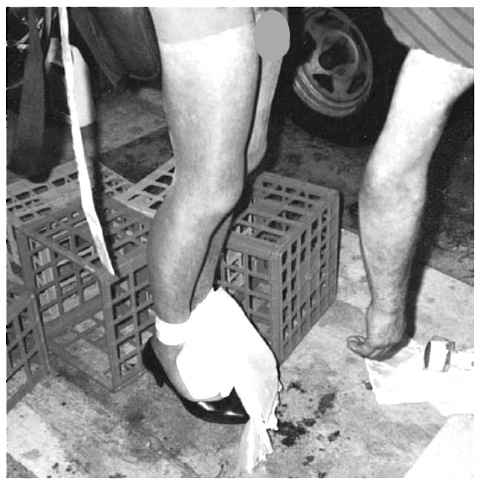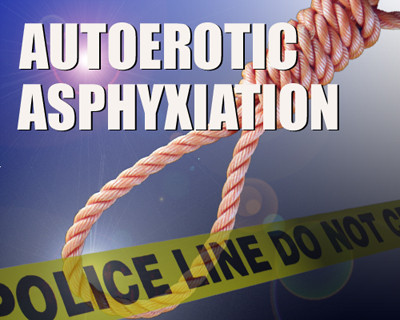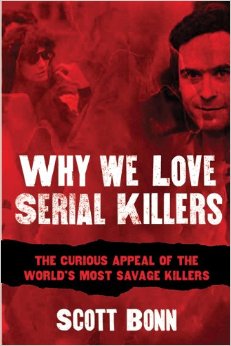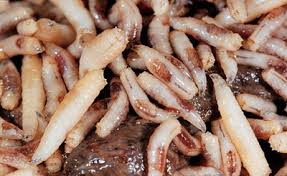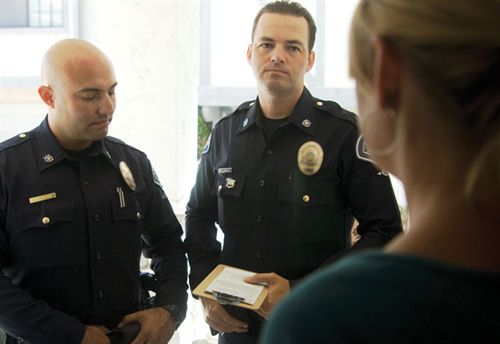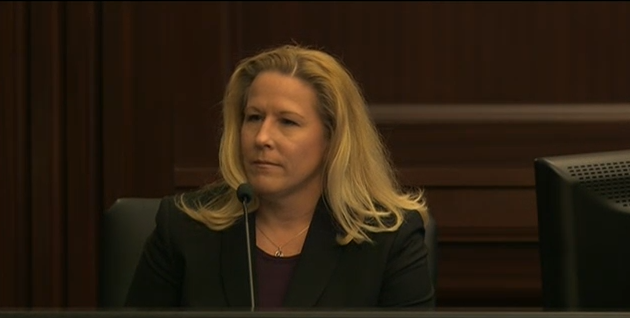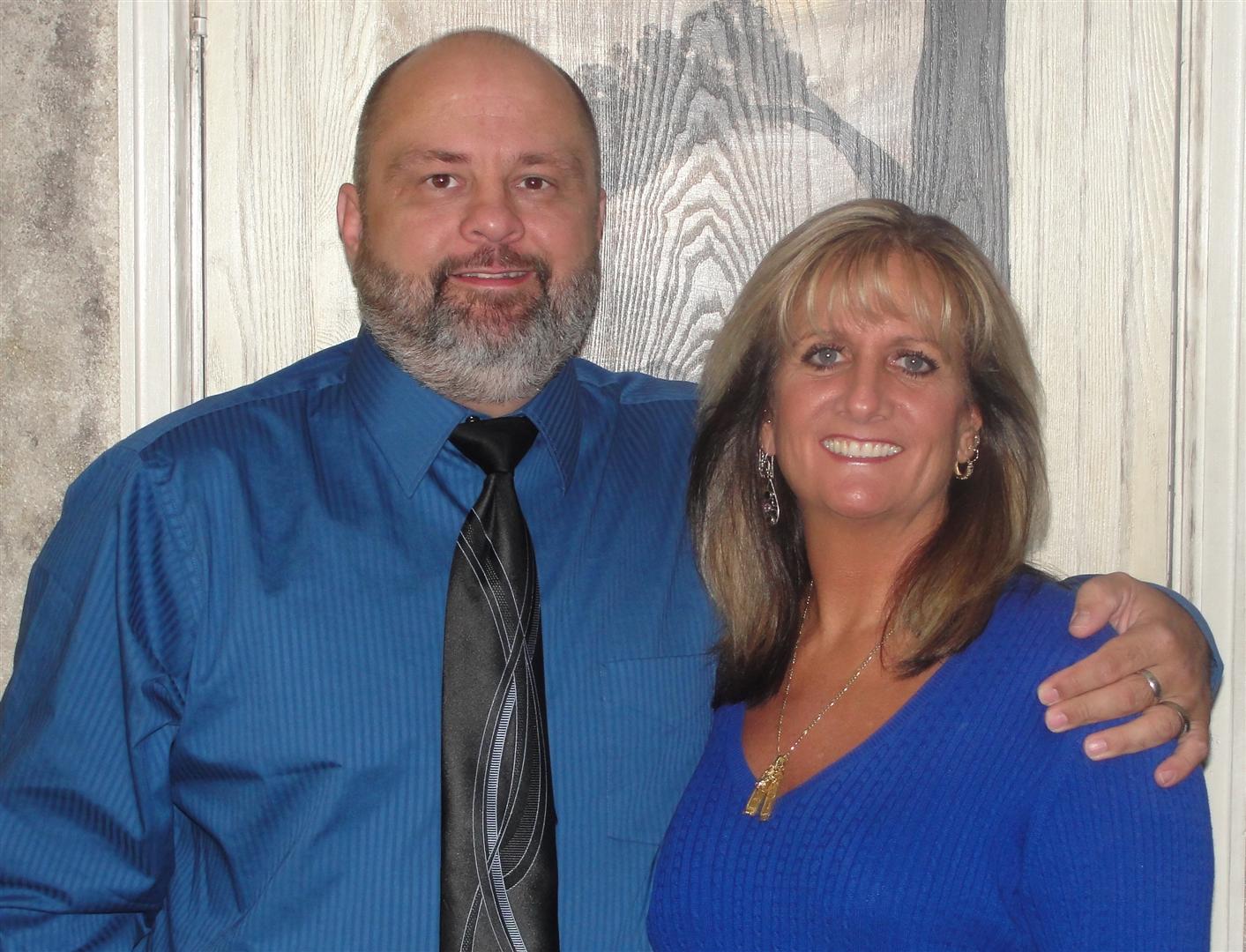Critical Roles Managing ME & Coroner Offices
Critical Role of Managers and Administrators in a Medical Examiner/Coroner Office Paul R. Parker III, B.S., D-ABMDI Overview There is no greater honor than writing the last chapter of someone’s life story. As medicolegal death investigators, that is what we do and, for the most part, we do it well. With seemingly innumerable courses, electronic…
Read More

